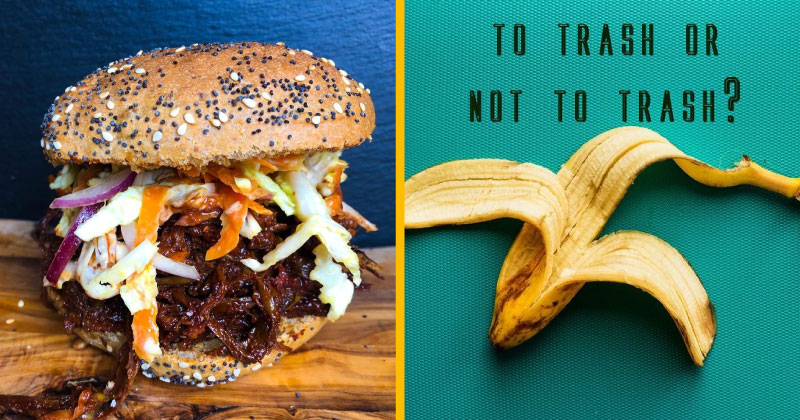FoodBlog Bytes: What is Omega-3 & why do we Need it? 🐟

We’re always told about good fats vs bad fats, that some fats are essential and should be included into our diets. But what does all this really mean? And what are Omega-3 fatty acids, besides a common supplement for many? Why do we need them, and how can we include them in our diet naturally? 🤔
Oooof, that’s a mouthful; but there are so many questions that we need answered. If you’re curious about all this, read on to find out more 👉
Healthy Fats: what Makes them Good for Us?
For the longest time we believed that fats were detrimental to our health and should be consumed in as little amounts as possible. However, in recent years more and more research has surfaced regarding the importance of including healthy fats in our diets. But what makes a healthy fat and how does it differ from an unhealthy fat? 🤷
Maybe you’ve heard the terms saturated and unsaturated. These refer to the chemical composition of the substance, in which ‘saturation’ refers to the abundance of hydrogen atoms in the compound. Less hydrogen atoms in unsaturated fats means more double and triple bonds, making for a more flexible compound. 🤓
Despite widely held beliefs that fats cause the clogging of arteries with cholesterol, the dangers of saturated fats have been overstated and when actually tested, do not lead to conditions such as heart disease or stroke, unless combined with a diet also high in carbohydrates. However, what is medically proven are the benefits of unsaturated fats in lowering occurrence of these conditions, and contributing to the overall health of the individual. 🥑
Omega-3 101: The Specifics
Now that we’ve got that settled, let’s look at Omega-3 fatty acids as an example of healthy fats. Omega-3 fatty acids are a type of polyunsaturated fat, which improve blood cholesterol levels, and decrease the risk of heart disease and type 2 diabetes. Several studies (such as this one) show that most people do not consume enough Omega-3 in their diet, hence why it is a common daily supplement. The body cannot produce Omega-3s on its own, and so we must consume it in order to reap its benefits. However, there is no official recommended daily allowance for Omega-3 as individual needs are different.
There are three types of Omega-3:
- docosahexaenoic acid (DHA)
- eicosapentaenoic acid (EPA)
- alpha-linolenic acid (ALA)
Each type is reported to have different benefits for health and the body, and so it is important that we get a good amount of each in our diet. Plant sources of Omega-3 (like nuts and seeds) are high in ALA, whilst DHA and EPA can be found in fatty fish. If you do get enough Omega-3 in your diet however, supplementing is unnecessary. The way you can do this is by eating the following foods high in DHA, EPA and ALA: salmon, anchovies, canned tuna, vegetable oils, flaxseeds and nuts, among others. 🥜
The Take-Home Information
We wouldn’t go as far as to ban carbs from our life totally, but it’s clear that we’ve moved into a new era of nutritional guidelines, in which fats are no longer seen as the enemy. Rather, an influx of studies are recommending that one should lower their carbohydrate intake due to the rise of diabetes and related conditions, and increase their consumption of healthy fats. 🤺
You might be overwhelmed by all the ever-changing nutritional guidelines you’re urged to follow, but in reality it’s as simple as eating a balanced diet composed mainly of unprocessed whole foods, including protein, veggies and fruit, fats plus wholegrains in every meal. ⚖️
What nutritional topic would you like to learn more about next? 📝









Comments